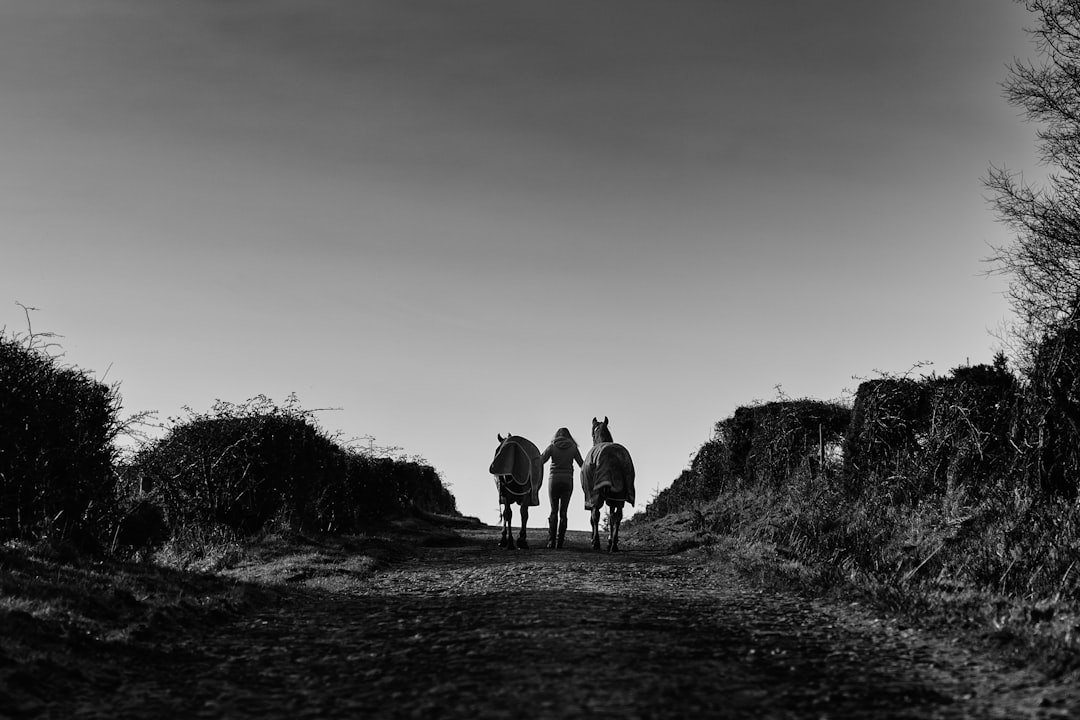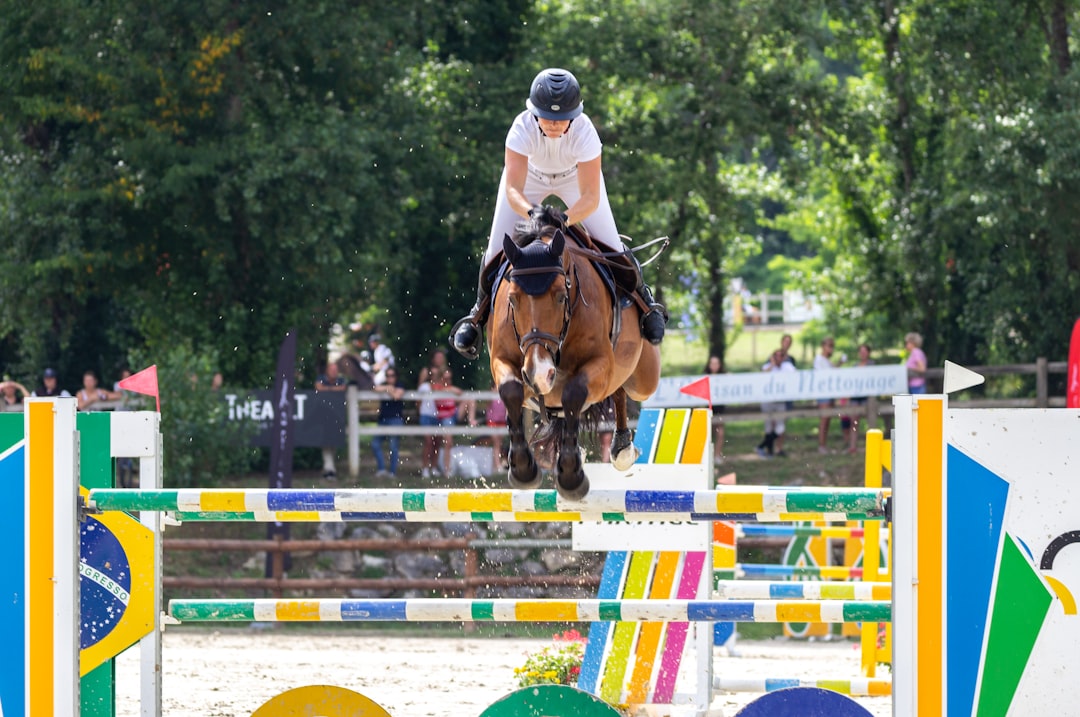The Importance of Equine Rehabilitation for Rescued Horses
Rescuing horses from neglectful or abusive situations is a noble endeavor, but the road to recovery for these majestic animals can be long and challenging. Equine rehabilitation plays a crucial role in helping these rescued horses heal physically, mentally, and emotionally.
One of the primary reasons why equine rehabilitation is essential for rescued horses is to address any physical injuries or health issues they may have. Many rescued horses have been subjected to neglect, malnutrition, or even physical abuse, leading to a range of medical concerns such as malnourishment, hoof problems, and untreated injuries.

Physical Therapy and Exercise
Equine rehabilitation programs often include physical therapy and exercise regimens tailored to the specific needs of each horse. This can help improve their strength, flexibility, and overall physical condition, allowing them to regain mobility and function.
Furthermore, rescued horses may also require specialized medical care, including veterinary treatments, medication, and ongoing monitoring to ensure their physical well-being. Equine rehabilitation facilities provide a safe and supportive environment for these interventions to take place.

Emotional Healing and Trust Building
Aside from addressing physical ailments, equine rehabilitation also focuses on the emotional well-being of rescued horses. Many of these animals have experienced trauma and may exhibit fear, anxiety, or behavioral issues as a result of their past mistreatment.
Through patient and compassionate care, equine rehabilitation professionals work to build trust and confidence in the rescued horses. This may involve gentle handling, positive reinforcement, and structured interactions to help the horses feel secure and develop healthy social behaviors.

Rehabilitation and Retraining
Equine rehabilitation programs often incorporate retraining initiatives to help rescued horses adapt to a new life. This can involve reintroducing them to basic training, ground manners, and riding skills, especially if they have been previously mishandled or neglected.
By providing rescued horses with the opportunity to learn and grow in a supportive environment, equine rehabilitation sets the stage for their successful transition into new homes or careers. This not only benefits the individual horses but also contributes to the overall welfare of equines in need.

In conclusion, equine rehabilitation is a vital component of the journey for rescued horses, offering them the chance to heal, thrive, and find a new lease on life. By addressing their physical, emotional, and behavioral needs, these programs play a crucial role in the recovery and eventual rehoming of these remarkable animals.